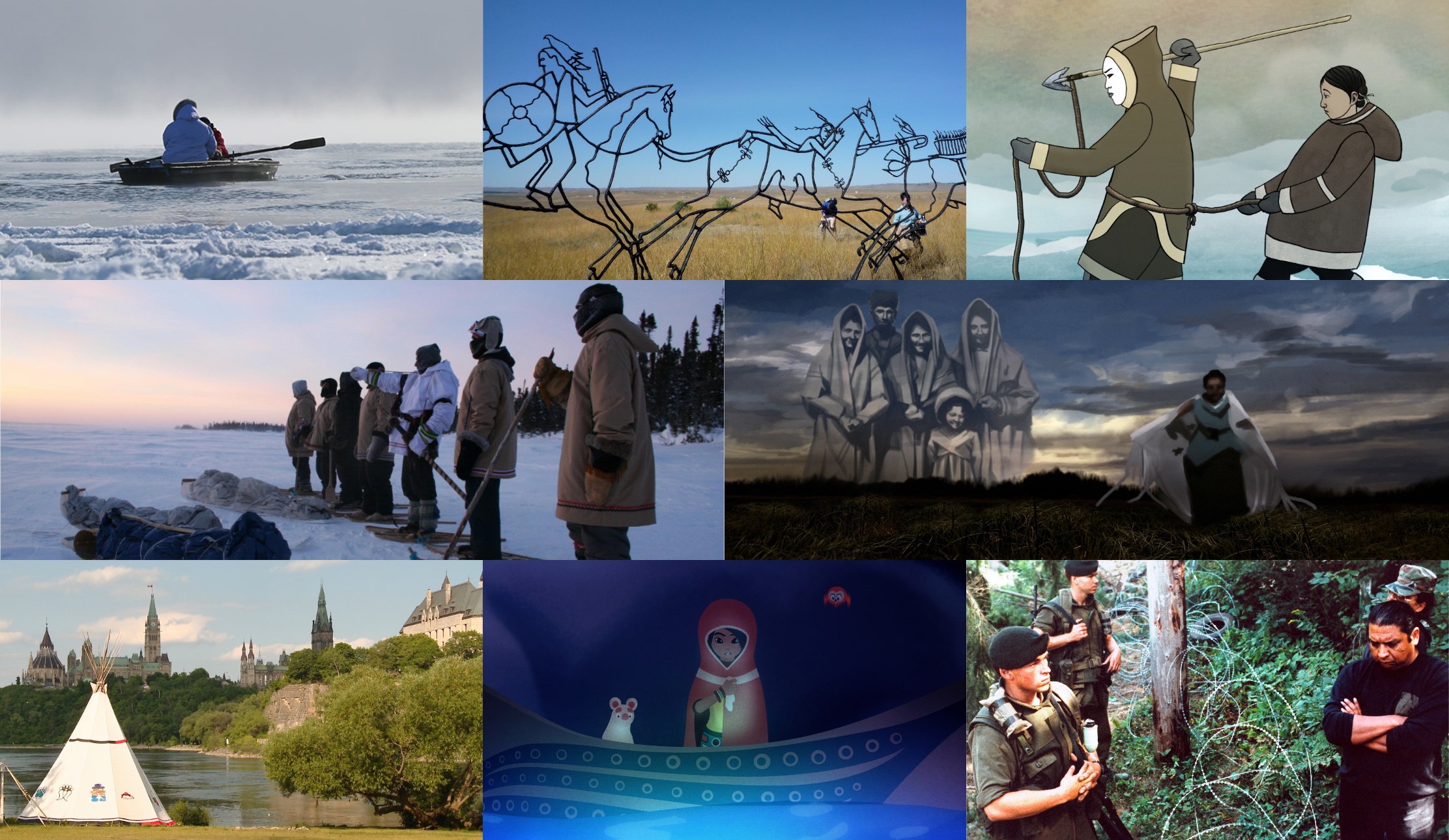NFB seeks ‘institutional transformation’ with Indigenous action plan
The film board commits to more funding for Indigenous-led projects and representational parity across its workforce.

The National Film Board of Canada (NFB) has released a three-year action plan aimed at increasing Indigenous representation across its workforce and upping the level of funding distributed to Indigenous-led projects.
The plan was created in response to the work and recommendations of the Truth and Reconciliation Commission of Canada (TRC), published in 2015, and lays out a series of commitments designed to address inequities in the Canadian production sector, including an “institutional transformation.”
Among those is an immediate commitment to investing 15% (approximately $2 million) of the NFB’s annual production spending to Indigenous-directed projects. Currently, the number is less than 10%, Claude Joli-Coeur, government film commissioner and chairperson of the NFB, told Playback Daily.
In addition, the organization aims to achieve representational parity at all levels of the NFB’s workforce, by 2025. Currently, two of 400 NFB employees identify as Indigenous, with the film board aiming to increase this number to 16 (or 4%) over the next eight years.
Going forward, the NFB will provide mandatory cultural-competency training for its entire workforce, including education in Indigenous history, human rights and intercultural competency.
The plan was developed over the last eight months and involved consultations between the NFB and an Indigenous advisory group including Alanis Obomsawin, producer-director and cultural attaché, NFB; filmmakers Elle-Máijá Tailfeathers, Lisa Jackson and Tasha Hubbard; and APTN’s executive director of programming Monika Ille.
As well, the NFB has committed to creating more opportunities for independent Indigenous artists to experiment with new immersive technologies, creating more mentorship opportunities for producers and directors, and working with Indigenous creators in non-urban areas, focusing initially on Northwest Territories, Labrador, B.C. and Yukon.
For titles in the NFB’s catalogue, the organization has said it will work to clear rights to make sure more Indigenous projects are available on NFB.ca and will digitize any projects not currently available in HD or 2K.
“If there was ever a time that the doors were going to be open for Indigenous filmmakers, this is it,” said Obomsawin, who joined the NFB in the 1960s and later this year will release her 50th film, Norway House.
The NFB’s announcement comes a week after Canadian Heritage Minister Melanie Joly announced the launch of an Indigenous Screen Office at the Banff World Media Festival. As well, Telefilm in February announced it will quadruple its allowance for feature film production and marketing financing for Indigenous content.
Joli-Coeur added that each year the NFB will publicly report its progress in relation to attaining the goals set out in the plan.

 The definitive CDN broadcast and production resource.
The definitive CDN broadcast and production resource.










